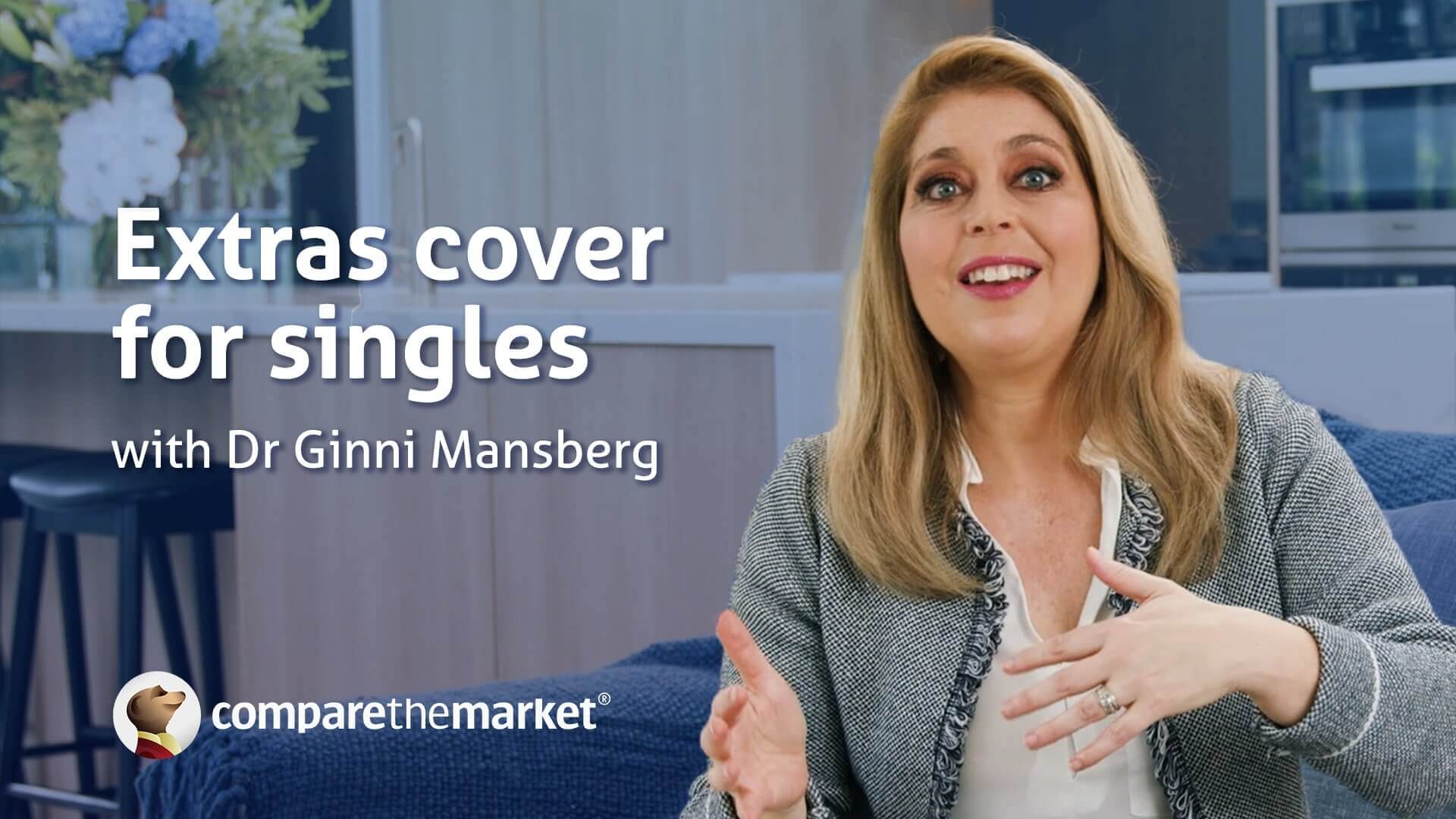Singles health insurance
Thinking about getting covered? Compare online or talk to one of our health insurance experts to look for a policy that suits you.
- Australian owned and operated call centre
- Speak to an expert right away
- A quick call could save weeks of research

What are the different types of health insurance?
We’ve compiled this table to show the different types of health insurance and what services each one covers. This information should be used as a guide only and you should always check policy documents for specific details.
A guide to health insurance for singles
Updated 12 September 2025Talk to an expert
At a time that suits you
Call now






